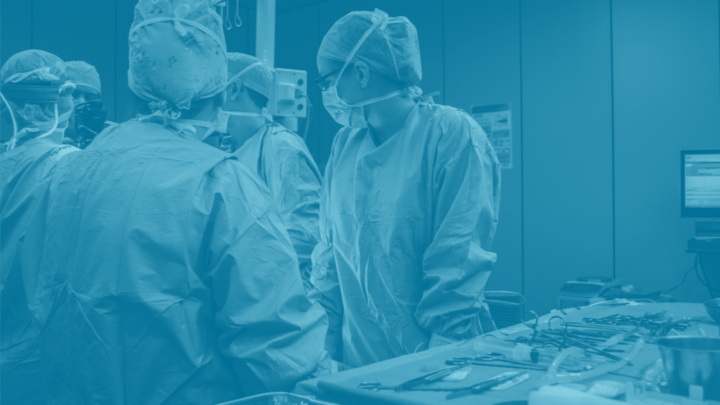Expandable List
This weekly teaching session occurs each Tuesday afternoon from 1:00 pm until 4:00 pm in Room 2V3 (Department Resident Room) at the McMaster Campus, or currently, via Zoom. The topics and the expert lecturers are organized by the Program Director as well as the CCM residents. Also included in this series is a knowledge review session that is resident-driven. This component is also specifically intended to better prepare the residents for the critical care certification examination.
We continue to provide a robust academic curriculum to our trainees. In addition, all trainees enrolled in the program must complete the Acute Critical Events Simulation (ACES) course, as well as attend the national conference (CCCF) and Canadian Critical Care Review (CCCR).
Each resident spends a minimum of 15 months in the McMaster teaching hospitals. CCM residents are expected to function in the capacity of both learner and educator simultaneously. This provides the opportunity to develop, expand and solidify your skills in patient management, supervision of house-staff & on-site physicians, administration of a multidisciplinary ICU and to interact with the many health care professionals essential to the functioning of such an ICU.
Each resident is expected to attend the Canada Critical Care Forum each year in Toronto (registration is paid for by the Program). As well, each resident is encouraged and provided with limited funding to attend another major critical care conference. Additional funding is provided if a resident is presenting original research at a conference.
CCM residents are expected to take part in the formal education of the junior residents rotating in the ICU. A weekly rotating resident round occurs each Tuesday following the academic half-day. It is teleconferenced to the rotating residents at each site. These rounds are attended and evaluated by faculty.
This event is held approximately every second month at a hospital site. These sessions provide an opportunity to discuss important literature and to practice methods of critical appraisal with the participation of all CCM residents as well as faculty. Guest experts are invited to provide editorial on the discussed topics.
This series occurs 2-3 times annually and spans topics including Quality Improvement, Patient Safety, Morbidity and Mortality, and guest speakers.
Throughout each academic year, the program provides the trainees with high-fidelity simulation sessions to enhance and assess their skill set. Simulation training has become an integral part training in critical care. Several CCM faculty are trained simulation instructors. The Clinical Learning Centre at the McMaster Campus enables simulation training with various activities: course in Acute Critical Events Simulation (ACES), Crisis Resource Management, advance airway skills, as well as other sessions that strengthen leadership and communication skills.
These series of sessions provides residents with more “hands-on” learning in the technical skills that have become the cornerstone of critical care. Topics to be scheduled are:
i) Ultrasonography in the ICU
ii) CRRT management & operation
iii) Mechanical ventilation
CBME is a framework of education which focuses on both the process & outcomes of training. It is an outcomes-based approach to the design, implementation, assessment, and evaluation of a medical education program using an organizing framework of competencies. Competency by Design (CBD) is the Royal College’s version of CBME.
Stage 1: Transition to Discipline (TTD): emphasizes orientation and assessment of new trainees arriving from various schools and programs.
Stage 2: Foundations of Discipline (FOD): broad-based competencies that every trainee must acquire before moving on to advanced, discipline-specific competencies. This stage covers essential competencies that make up the majority of a discipline.
Stage 3: Core of Discipline (COD): covers the core competencies that form the majority of a discipline.
Stage 4: Transition to Practice (TTP): senior trainee demonstrates readiness for autonomous practice.

